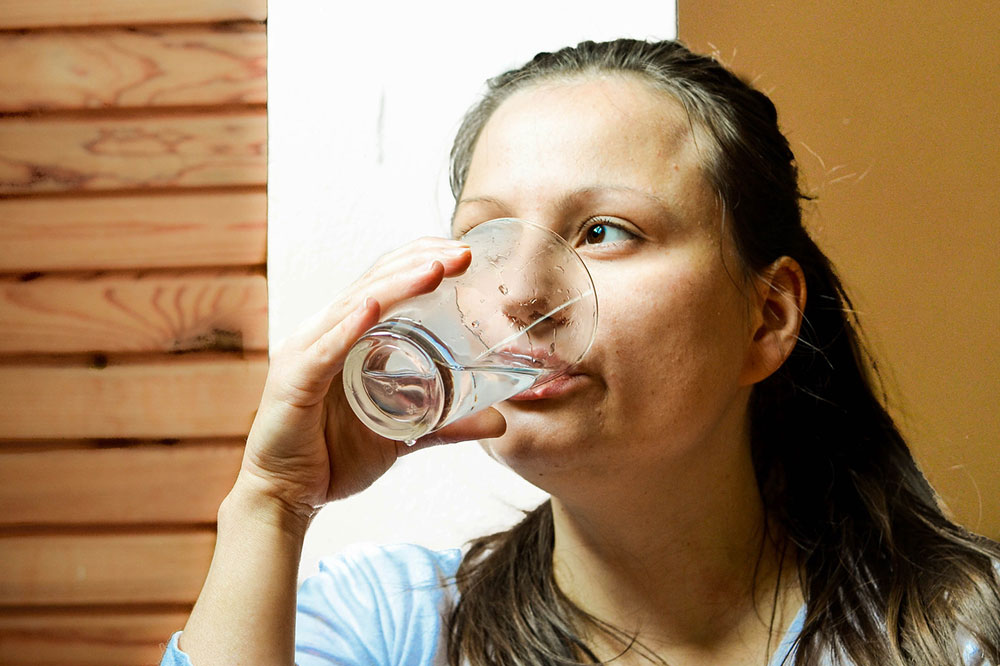Simple ways to prevent the risk of dehydration
Dehydration is a familiar uneasiness that indicates the body does not have enough fluids to support normal functions. There are known medical conditions that can cause mild, moderate, or severe dehydration, depending on how much liquid the body has lost. The discomfort may also be caused because one doesn’t pay attention to the body’s needs and urges to replenish fluids.
Whatever the case may be, there are simple ways to ensure proper fluid intake and stay hydrated during the day.
Check for symptoms
There are a few visible indicators that can help one avoid getting dehydrated in the first place.

Respond to thirst
When one feels thirsty, one should drink a glass of water. Often being wrapped up in one’s busy schedule managing work and deadlines, one tends to ignore urges of thirst to save a precious few seconds. Why? Because when one has a few glasses, soon after, they may have to use the restroom.
Drink other liquids/eat foods rich in water
Water is one of the more inexpensive and readily available liquids. But that doesn’t limit one’s choices when it comes to staying hydrated. For example, a cup of coffee, tea, or fruit juice (fresh if possible) can also help maintain water levels for a more extended period. Keep an eye on the number of cups, though, as too much of caffeine or processed beverages can cause other health complications. One must keep track of and balance one’s intake better to manage dehydration. Watermelon, grapes, strawberries, kale, iceberg lettuce, and even celery sticks are rich in water. So, have a slice of watermelon or eat a few fresh celery sticks to replenish fluids in the body naturally.
Electrolyte-rich drinks
If one has an active workout lifestyle and loses a lot of sweat, it is necessary to replenish the lost energy. Pedialyte, Gatorade, Powerade, and electrolyte-infused water are some of the popular choices to combat dehydration. In place of a sports drink, one can also have fresh coconut water, watermelon juice, or milk. Coconut water is naturally rich in essential minerals, including calcium, potassium, sodium, and magnesium. Soy milk will do just fine if one doesn’t like or cannot have cow’s milk. However, it is advisable to check with a nutritionist to understand the daily limits of consumption. Fresh Watermelon juice is also rich in potassium and magnesium, all forming part of vital electrolytes to counter dehydration. A glass of fresh orange juice, rich in vitamin C and essential minerals, is also a good supplement.

